



Israel's airstrike in Doha, targeting Hamas leaders, poses a threat to Qatar's sovereignty and India's vital energy, diaspora, and economic ties to the Gulf, jeopardizing peace efforts and posing challenges for India's foreign policy.
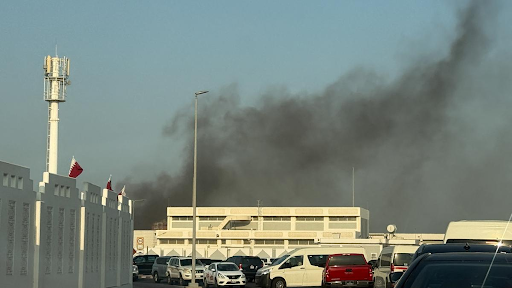
Copyright infringement not intended
Picture Courtesy: THEHINDU
Israel launched an airstrike in Doha, Qatar, targeting senior Hamas leaders. Qatar, a key mediator in Gaza ceasefire talks, condemned the attack as a violation of its sovereignty.
Sovereignty Violation
The strike breaches the 1944 Chicago Convention, which protects national airspace.
Israel’s jets crossed Saudi or Jordanian airspace undetected, raising questions about regional air defenses. This sets a precedent for unilateral attacks, destabilizing norms.
Regional Tensions
Israel’s strike on a U.S. ally strains Gulf relations. Qatar has been designated a major non-NATO ally by the United States.
Saudi Arabia and UAE, tied to Israel via Abraham Accords, now face pressure to counterbalance Israel’s actions. Iran exploits this to rally Arab states, quoting the Israel attack in June 2025.
Israel’s Strategy
Netanyahu’s move prioritizes military dominance over diplomacy, risking isolation. Israel’s attacks on Yemen, Lebanon, and Syria since 2023 amplify this trend.
Energy Security: Qatar supplies over 42% of India’s LNG. Disruptions could spike energy costs.
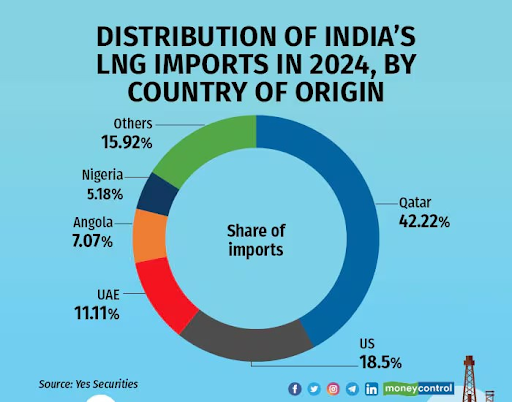
Diaspora Safety: 700,000 Indians live in Qatar, sending remittances in India. Escalation threatens their safety and economic contributions.
Look West Policy: India balances ties with Israel (I2U2 partner) and Gulf states (UAE, Saudi Arabia). The strike complicates this, as India supports Qatar’s mediation but values Israel’s defense tech.
Regional Stability: West Asia’s instability impacts India’s trade with Gulf Cooperation Council (GCC) nations. A fractured region could disrupt maritime routes and energy flows.
|
Read all about: INDIA ISRAEL RELATIONS l India's Stand on Palestine Issue l Israel Hamas Conflict |
Push for Peace: Urge de-escalation via G20 and BRICS to stabilize the Middle East, protecting India-Middle East-Europe Corridor (IMEC) trade routes.
Diversify Energy: Speed up Mozambique gas projects to cut reliance on Qatar’s 40% LNG supply.
Protect Diaspora: Ensure safety of 700,000 Indians in Qatar through diplomatic talks.
Balance Ties: Maintain strong relations with Israel (I2U2 partner) and Gulf states (UAE, Qatar) without taking sides.
Support Mediation: Back Qatar’s role in Gaza ceasefire talks and stabilize the region, aligning with India’s peace advocacy.
Source: THEHINDU
|
PRACTICE QUESTION Q. The recent Israeli airstrike in Doha has tested India's strategic autonomy in the West Asian region. Critically analyze. 150 words |
India's de-hyphenation policy treats its relationship with Israel and Palestine as separate and independent, allowing it to maintain strong ties with both without one influencing the other.
The "Act West" policy is India's strategic push to deepen its engagement with the nations of West Asia, focusing on areas like energy, trade, technology, and security.
I2U2 is a new grouping of India, Israel, the U.S., and the UAE, focusing on economic cooperation; the conflict could strain this emerging strategic partnership.
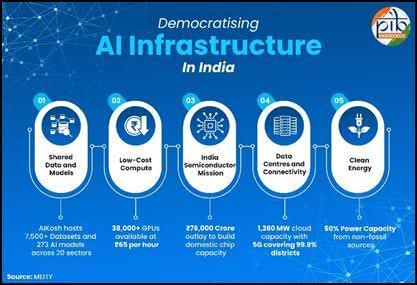
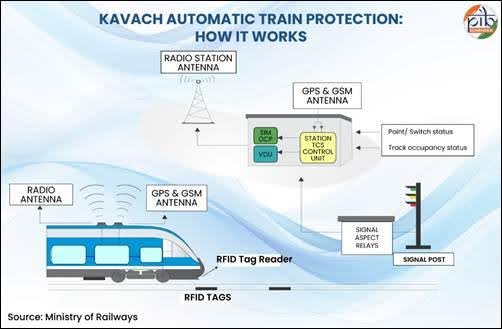
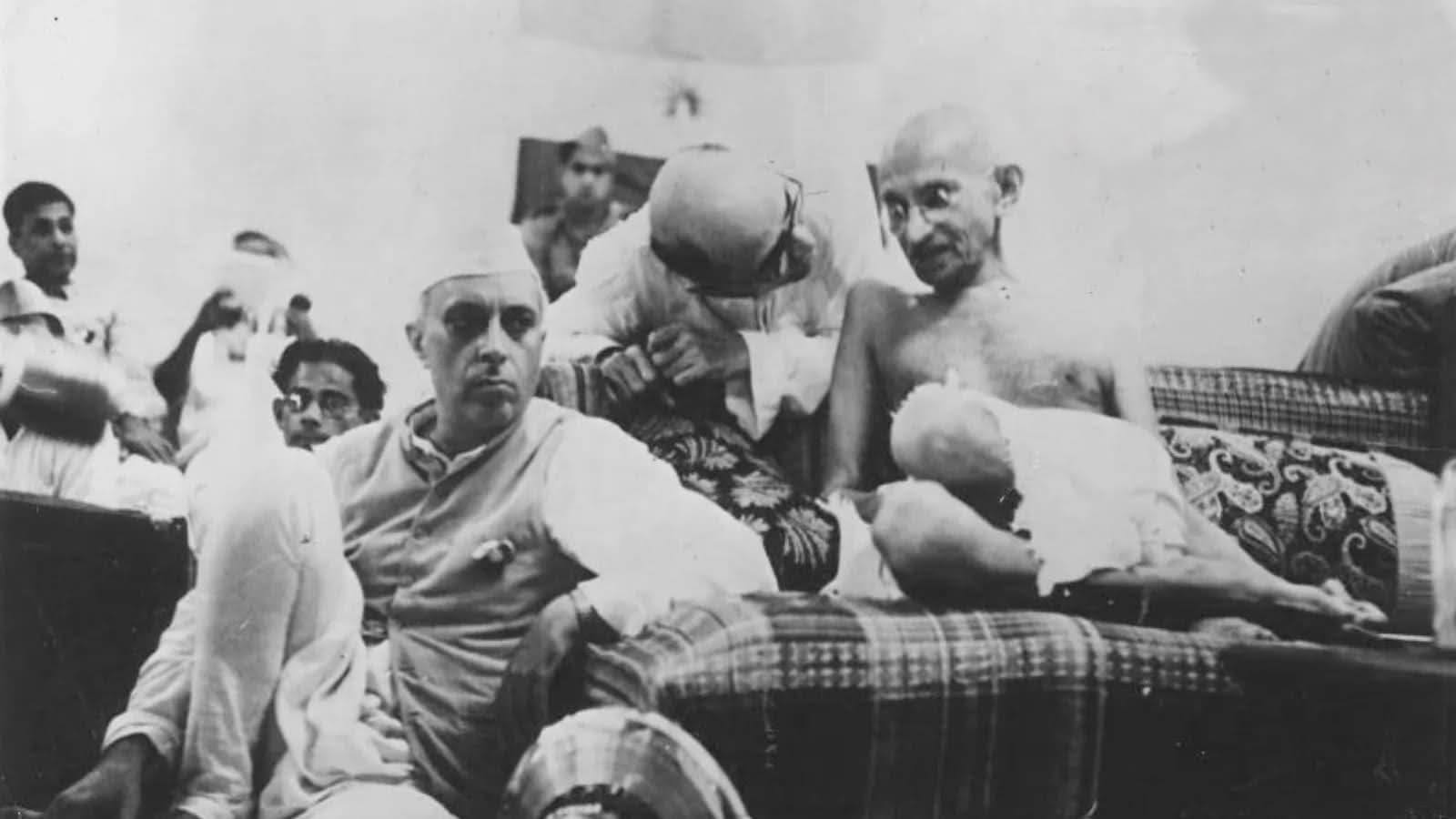

© 2026 iasgyan. All right reserved